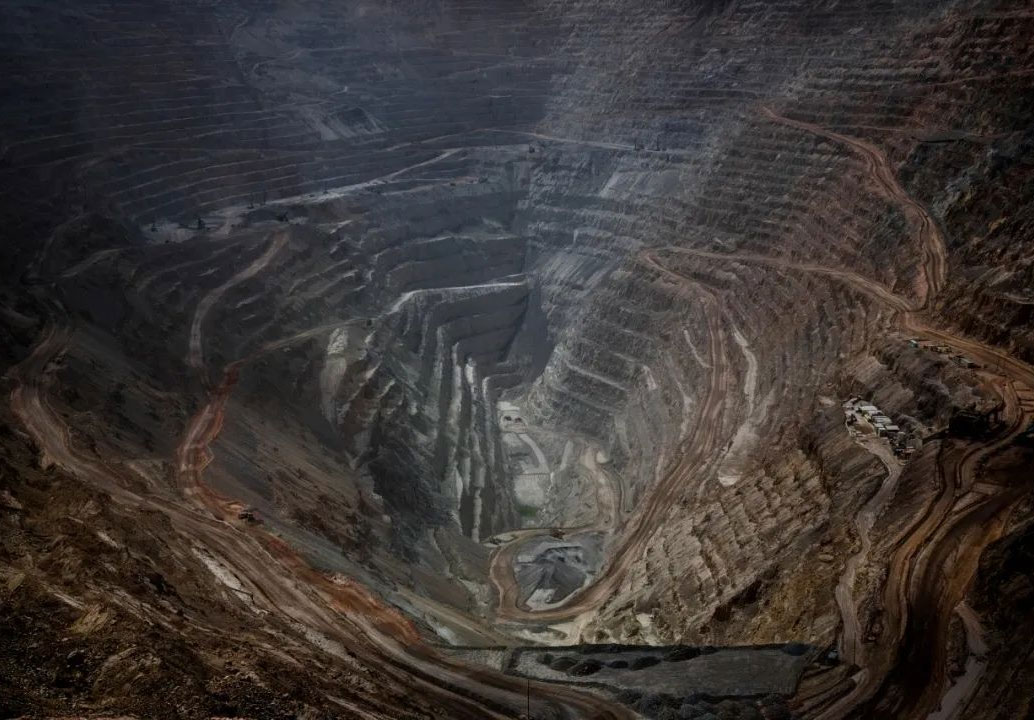
Copper buyers are so worried about future availability of the metal that they’re seeking to secure longer-term deals than normal, according to top miner Codelco. The Chilean state-owned company recently signed some contracts for three to five years with customers in Europe, in contrast to the more standard annual deals, Chairman Maximo Pacheco said in an interview. Copper, which is ubiquitous in electrical goods and power cables, is likely to be central to the energy transition as the world accelerates a shift to renewable power and electric vehicles. Some analysts are warning of a large shortfall as miners struggle to keep up with growing demand. “We are prepared to continue to strengthen our long-term relations with customers, because we can understand that in their risk matrix, their concern about copper supply is one of their priorities,” Pacheco said. Pointing to forecasts for strong copper demand growth over the next eight to 10 years, he said: “Obviously they have a question: ‘Where are we going to get this copper from?’ Which is a fair question.” Codelco’s own production has disappointed this year. In August, the company cut its annual production guidance to about 1.5 million tons from 1.6 million tons amid a slew of operational setbacks, including a redesign at its Hales mine after a rockfall and lower ore quality and equipment problems at the Chuquicamata operation.
Those issues, which have seen monthly production slump to the lowest in at least three years, are threatening Codelco’s status as the world’s biggest producer as output at its nearest rival, Freeport-McMoRan Inc., expands thanks to a successful ramp-up of underground operations in Indonesia. Pacheco acknowledged that the company had faced some operational difficulties, while the execution of its major projects had been “very challenging.” He said that Codelco was targeting output of 1.45 million to 1.5 million tons this year, and that next year would be “something very similar.” He said Codelco was hoping to return its production to the level of 1.7 million tons in the coming years.